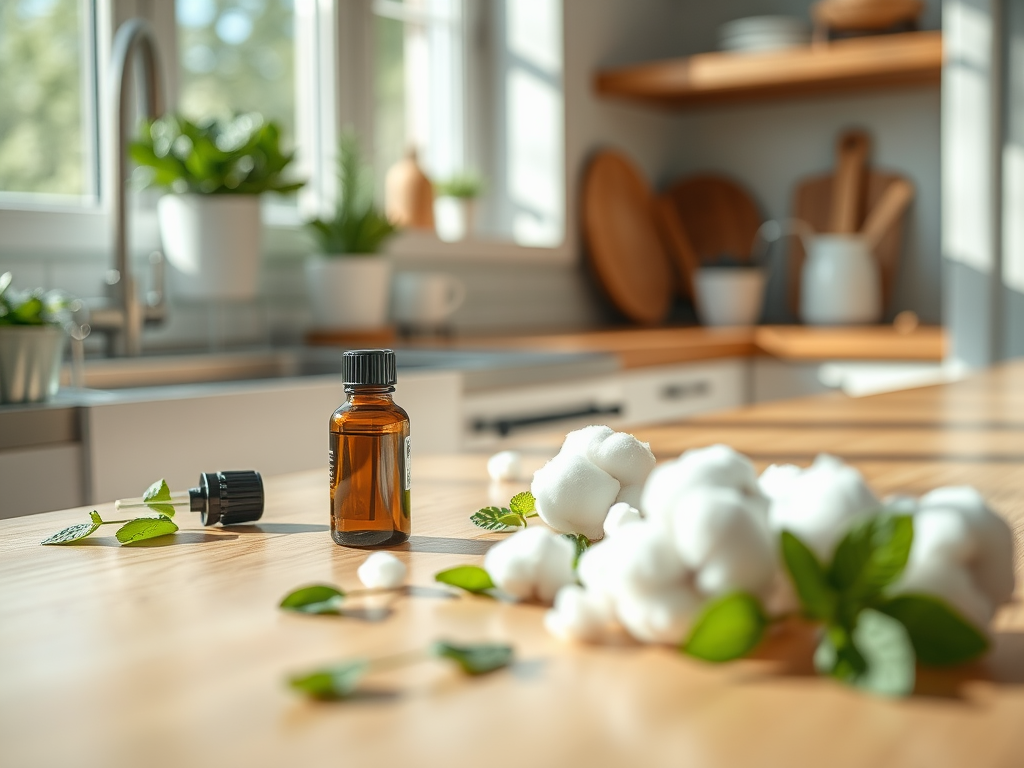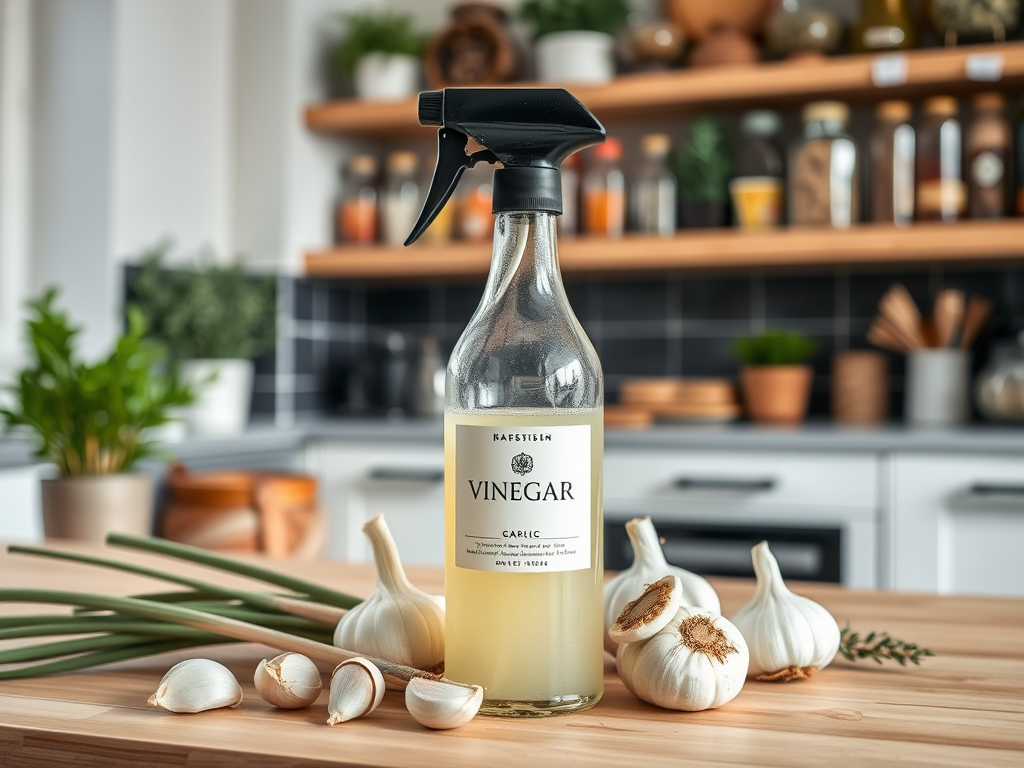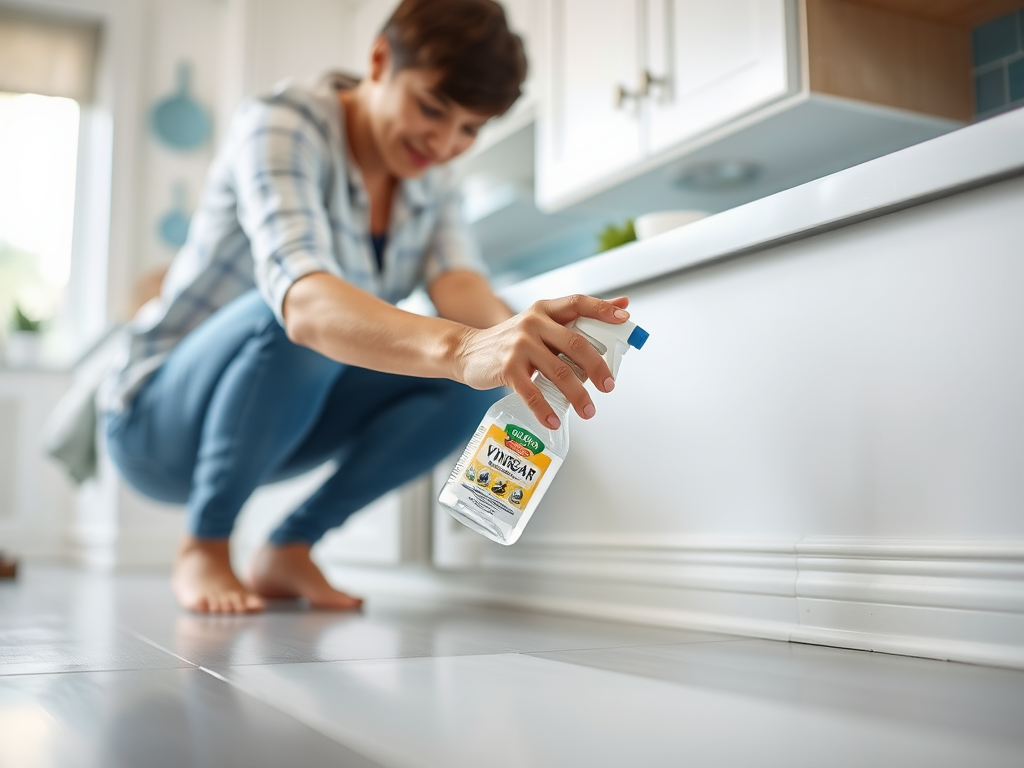How to Naturally Deter Mice with Scents Found in Your Kitchen

Mice can show up uninvited, creating chaos in your home. If you’re hesitant about using harsh chemicals or traps, you’ll be pleased to know that nature offers solutions right in your kitchen. By harnessing the power of unique scents found in common household items, you can foster a pest-free environment. This approach not only keeps your home mice-free but also ensures safety for your family and pets. Understanding how these scents work and how to use them effectively transforms an ordinary kitchen into a warrior against unwelcome rodents. Let’s delve deeper into this fascinating and practical strategy!
Understanding Mice Behavior

Mice rely heavily on their sense of smell when exploring their surroundings. They are particularly attracted to food and scents that suggest safety and comfort. Therefore, learning to counteract these olfactory inclinations is essential for pest management. The key is to create a scent profile in your home that is unwelcoming to these tiny intruders. This allows you to effectively manipulate their behavior and encourage them to move on. By understanding this dynamic, you’re better equipped to combat their presence naturally.
Common Kitchen Scents That Deter Mice

Several household scents are natural deterrents to mice. Incorporating these aromas is an easy yet effective way to start your pest management journey. The following scents have been noted for their ability to repel mice:
- Peppermint Oil
- Vinegar
- Garlic
Peppermint oil, for example, is a popular choice due to its potent fragrance. Mice are not fond of the strong aroma, leading them to seek refuge elsewhere. Using vinegar for cleaning not only drives away mice but also leaves your home smelling fresh. Garlic’s robust scent strikes fear into the tiny hearts of mice, making it a solid contender in your natural arsenal. Beyond just these options, there are more scents to explore, enhancing your deterrent strategy even further.
| Kitchen Scent | Deterrent Qualities |
|---|---|
| Peppermint Oil | Strong menthol scent unpleasant to mice. |
| Vinegar | Pungent smell that disrupts mice’s olfactory senses. |
| Garlic | Overpowering odor mice tend to avoid. |
How to Use These Scents Effectively
Implementing these kitchen scents requires a bit of creativity and attention to detail. One of the simplest methods is to soak cotton balls in peppermint oil or garlic juice. Place these saturated cotton balls in places where you’ve noticed evidence of mice. This allows the strong odors to permeate the space, sending a clear message that it’s not a safe haven for them. Additionally, you can create a DIY vinegar spray to treat various entry points.
Another effective method is to utilize cotton balls soaked in the scents of your choice. Place these cotton balls strategically in areas like behind appliances and in dark corners. They are easy to replace and can be renewed as needed, ensuring a consistent deterrent presence. Similarly, mixing equal parts water and vinegar in a spray bottle provides a practical solution to repel mice. Applying this mixture along baseboards, entry points, and potential nesting spots can create a barrier against these pests.
Other Natural Methods to Deter Mice
While the scents mentioned have proven effective, combining them with other natural methods can yield even better results. Firstly, maintaining a clean kitchen is paramount. This means regularly cleaning up food residue and storing food in airtight containers. Mice are opportunistic feeders, often drawn to crumbs and spills, so keeping surfaces spotless helps to reduce attractants. Secondly, addressing physical barriers is just as important.
- Seal any gaps or holes in walls and foundations.
- Inspect entry points like doors and windows, ensuring they are secured.
- Repair any damaged screens or vents that might serve as access points.
Conclusion
By embracing the use of natural scents from your kitchen, you take significant steps toward creating a mouse-free home. This strategy not only proves effective but does so in an environmentally conscious manner. Integrating scents like peppermint oil, vinegar, and garlic, alongside a clean living space and sealed entry points, can dramatically change your pest management approach. In doing so, you cultivate an unwelcoming environment for mice, allowing you and your family to live comfortably. Remember, the small, natural deterrents available in your kitchen can pack a big punch against these pesky rodents.
Frequently Asked Questions
- Can peppermint oil be harmful to pets? Yes, peppermint oil can be toxic to pets if ingested in large amounts. Use it with caution and consider pet-safe alternatives.
- How often should I reapply the scents? It’s recommended to reapply scents every few weeks or after cleaning surfaces.
- Are there other scents that might deter mice? Yes, scents like cayenne pepper and lavender have also been known to repel mice.
- Will using scents eliminate an existing mouse problem? While scents can deter mice, they may not eliminate an existing infestation. It’s important to combine these methods with traps or professional pest control if necessary.
- Is vinegar really effective against mice? Many find vinegar useful, but its effectiveness can vary; it works best as part of a broader deterrent strategy.


